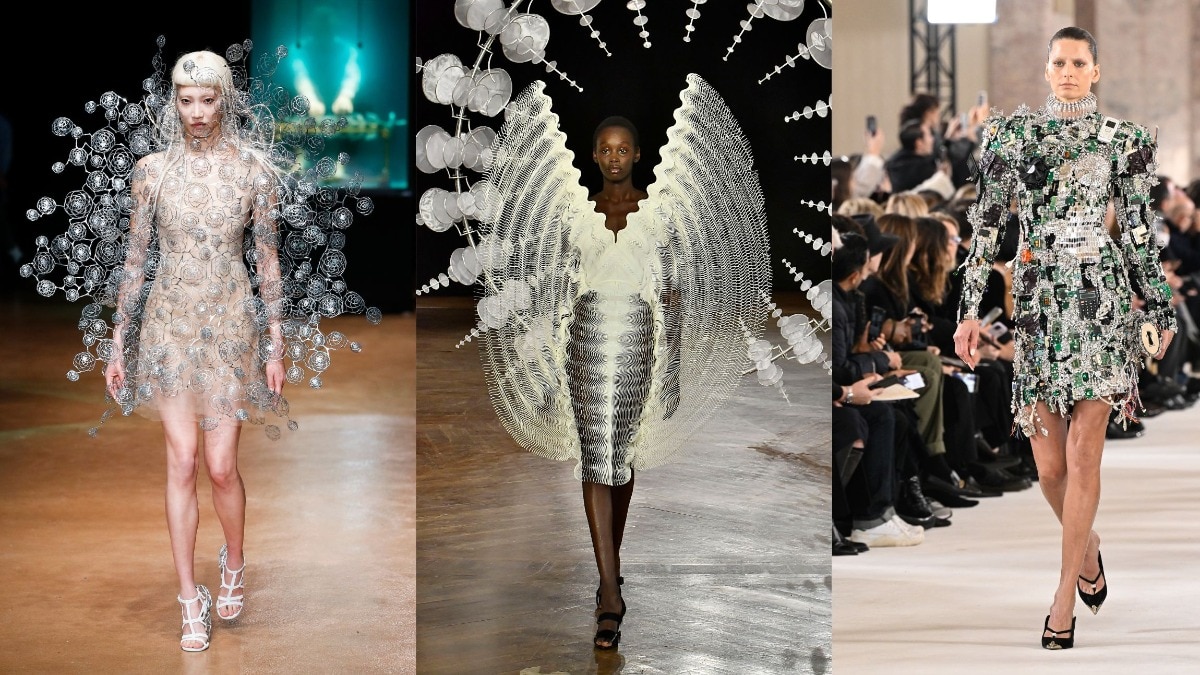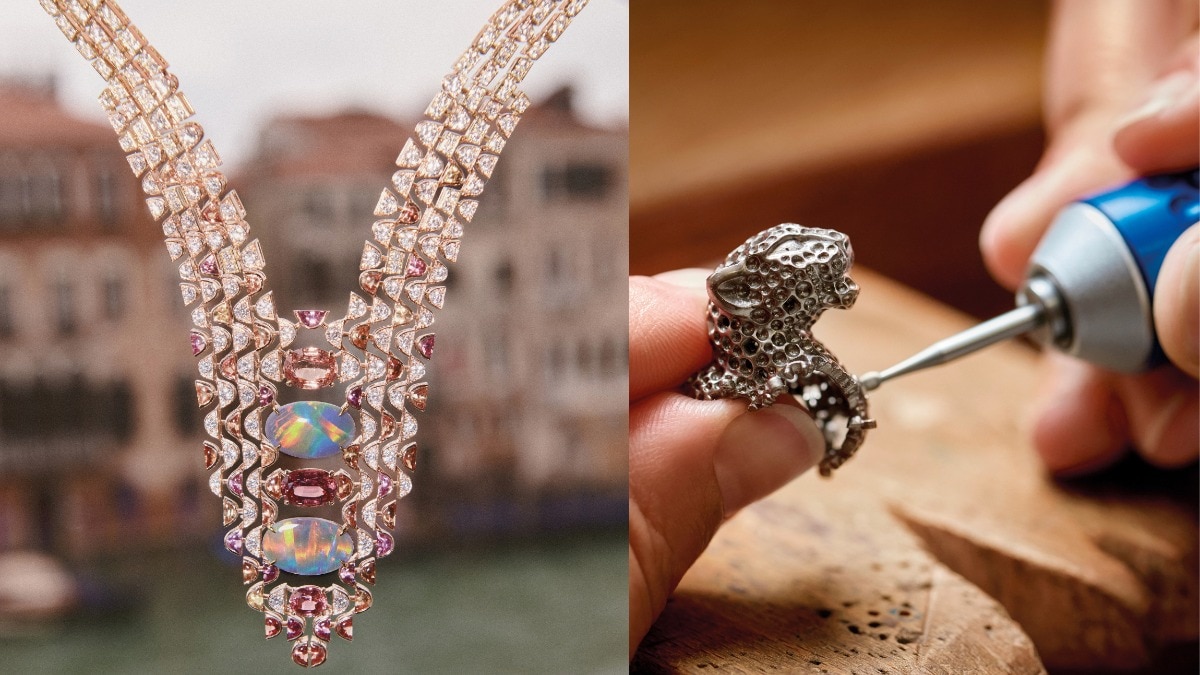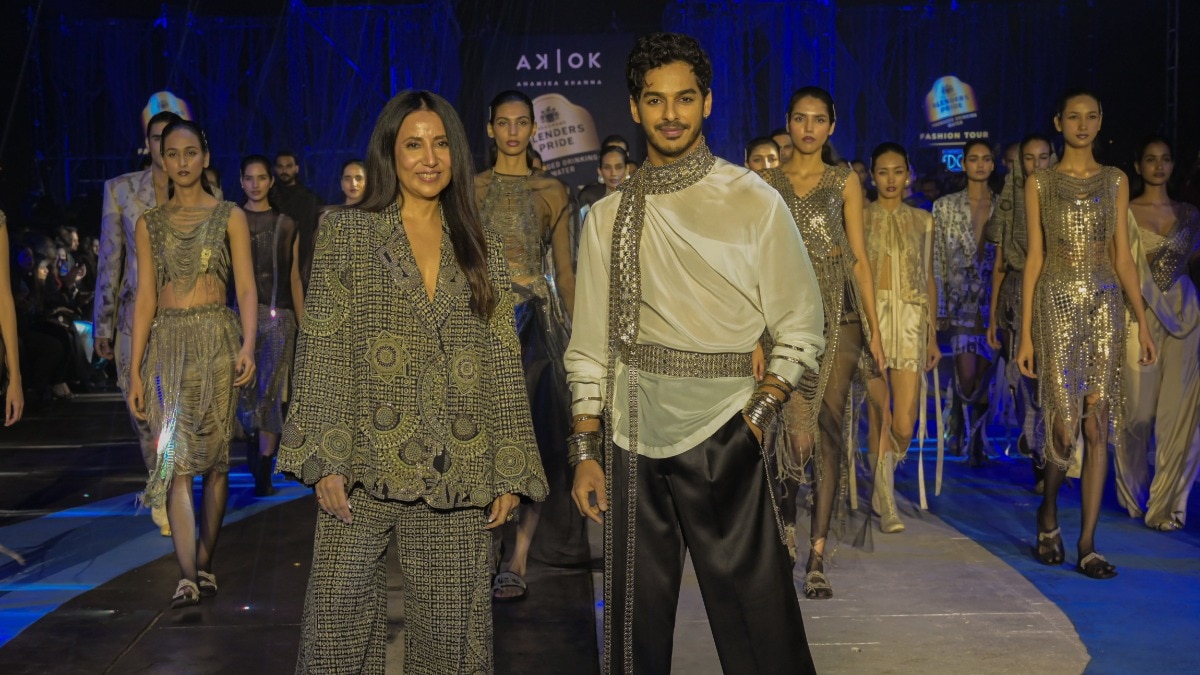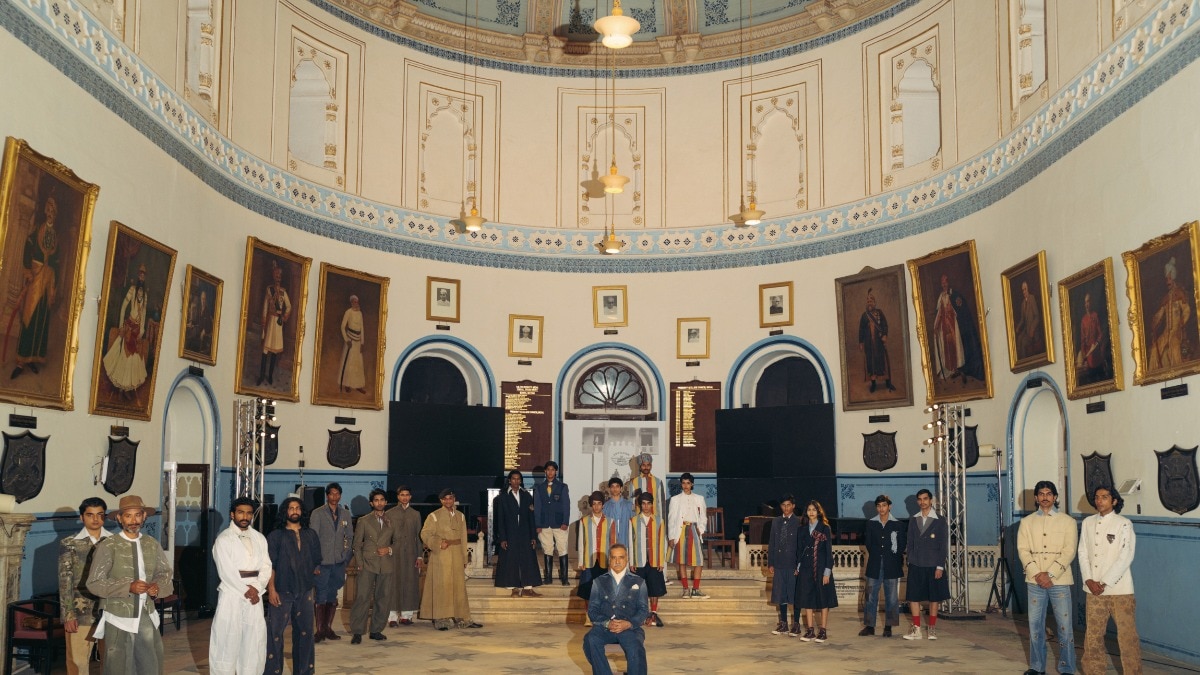
Absolutely fabulous? The truth behind working for a high-profile boss
As 'The Devil Wears Prada' gets set to hit the West End stage, Teresa Fitzherbert investigates whether working so closely with a high powered individual is living the dream or a sleepless nightmare.


It was early summer in 2015, and I had been in my job as the assistant to the editor-in-chief of Harper’s Bazaar for no more than six months. I was chatting to my dad on my commute home when I received another call from my boss Justine Picardie. In my panic (Justine only contacted me out of hours if it was an emergency), instead of hanging up, I accidentally put my father on hold while I spoke to her.
"Tereeeesa," she said slowly. I could tell it wasn’t good. "You know when you said that I was free to host cocktails at the Chelsea Flower Show next Thursday with my favourite British designers?"
"Yes," I replied, bracing myself. The event was taking place in a wildflower garden and Roksanda Ilinčić, Erdem Moralioglu and Emilia Wickstead were all coming.
"It’s the same evening that you’ve confirmed me for dinner at Buckingham Palace."
Reliving this moment never fails to make me cringe. My main role as the editor’s assistant was to handle her diary—and I had managed to double book her with Her Majesty the Queen.
I’m reminded of this story often, mostly by my father who loves to recount the fact that when I finally took him off hold, all I kept saying to myself was, "I’m going to get fired," followed by many unprintable expletives. (By the skin of my teeth, I avoided a P45 and fixed a new date with the Queen’s very patient private secretary.)
It certainly all came flooding back when I read that The Devil Wears Prada—the cult 2006 film about Miranda Priestly, the softly-spoken yet tyrannical editor of Runway magazine and her assistant Andy, played by Meryl Streep and Anne Hathaway respectively—is making its musical debut in the West End this autumn. With music by Elton John and outfits by Tom Ford, Givenchy and, of course, Prada, it looks set to be a box-office smash.
No doubt the cast will have to hold for both. The Devil Wears Prada is one of those films that millions of people can recite verbatim. Not only does it have a stellar roster of actors and a host of memorable one-liners ("I’m just one stomach flu away from my goal weight"), but there is that universal dynamic between boss and personal assistant that is utterly captivating.
When I landed my job at Bazaar in 2014, my friends and family immediately drew comparisons with the film. They were desperate to know not only whether I was given impossible tasks, such as sourcing unpublished Harry Potter manuscripts or chartering planes in a hurricane, but also whether the job was as fabulous as it seemed. Did the paparazzi court me on the red carpet in Paris? Could I really help myself to oodles of Chanel from the fashion cupboard? Did everyone on the team look like Gisele Bündchen?
It’s thrilling to be given a glimpse of life at ‘the top’, whether that’s in fashion, finance or Hollywood. In most industries, the irony is that while the personal assistant is not the employee with the largest paycheck, they invariably have the best access. Their currency is proximity to power: they have the boss’ ear, as well as their emails, calendars and credit cards. They are privy to confidential intel on every level, whether it’s the latest payroll, who’s on the next round of redundancies or an A-lister’s medical prescription. Cross the PA at your peril.
"My boss loved that about me. He always valued my opinion of people." Even when the partner was asked to advise Parliament on matters of finance, he would use Rebecca as his sounding board. ‘It was quite surreal. I was his confidante, even when it concerned subjects as big as government policies."
Of course, being the closest aide doesn’t just relate to business. As a PA, discretion is key. Heather, who assisted a partner at a leading entertainment agency in LA, was required to listen in to every phone call her boss took. "Some people treated calls like a therapy session," she says. "I would hear about actors who couldn’t get out of bed because they were on so many drugs. I’ve had someone say they were HIV-positive." She knew that one of the world’s most famous singers had suffered a miscarriage before anyone knew that she was even trying to get pregnant.
Personally, I gave seen how easily the line between work and play blurs. Before my role at Bazaar, I was a researcher for Mark Garnier MP, who asked his personal assistant to buy sex toys. When I found this out a few years after I’d left, I was surprised, but had already seen how, when job security is on the line, assistants can find it very hard to say no.
Heather, the PA who listened in on phone calls, laughs about the time when her job involved counting out exactly 12 almonds for an executive’s breakfast every morning, ducking when staplers went flying across the office in rage and picking up children from school when her boss was too drunk to do it. I heard a story about one assistant being asked to put a suppository up her boss’ bottom; and about another who was given 24 hours to source a pet owl for a child’s birthday. Another assistant to a senior banking executive tells me about the time he noticed that his boss was acting strangely during a meeting.
"She was scratching at her back and kind of looking down the front of her blouse and wobbling and shaking her shoulders," he says. "When he asked her what was wrong, she said: 'I forgot to put a bra on this morning. You’re going to have to go and buy me one.'"
"I had never bought, or worn, or interacted with a bra, and so I didn’t really know what to do," he continues. His boss, meanwhile, couldn’t remember what size she was and instructed him to call her nanny to find out. He then went into Marks & Spencer and, overwhelmed by the number of choices, eventually picked one that matched the dress she was wearing. "That was a real career low for me," he says.
This same boss also disliked using credit cards, and so one of her assistant’s tasks was to go to the bank to take out £10,000 in cash for her to carry around in her Louis Vuitton handbag, which she would often leave in taxis and restaurants after booze-soaked evenings with clients. She once gave him £400 to buy sushi for lunch, exclaiming: "I don’t know how much these things cost!"

Anecdotes such as these make may make one wonder why anyone does this job, but as Anne Hathaway’s Andy discovers in the movie, the fine art of PA-ing might be hard, but you make unbeatable connections, you are integral to a company while at a very junior level and, when you get it right, you’re rewarded with a huge sense of job satisfaction. Important or successful individuals are usually in those top positions for a reason. As Rebecca says: "When you are working with extremely intelligent people, you have to be one step ahead. You have to up your game."
Vanessa Williams agrees. The actress, who has multiple Grammy and Emmy nominations to her name, is on familiar territory having spent four years playing Wilhelmina Slater, the scheming creative director in Ugly Betty.
"I’ve been lucky to be consistently cast as women who are feared and have diva-esque qualities," Williams says during a break in rehearsals. She certainly has a commanding presence, with a voice that will carry beautifully on stage (no whispering in this production). "[My Miranda] will be a formidable foe."
When I ask her what she loves about her part in the musical, she says: "I’m drawn to Miranda’s power, her demand for excellence and her self-reliance." And on the role of a PA: "It’s one thing to show up for your job and do what’s expected. But to go that extra mile, it’s impressive and people take notice. That’s how you get ahead in life."
True. But thankfully for me, you can also be incompetent enough to create a diary clash with Elizabeth II and still be writing for the same magazine nearly 10 years later.
Lead image credit: Illustration by Francesca Waddell










